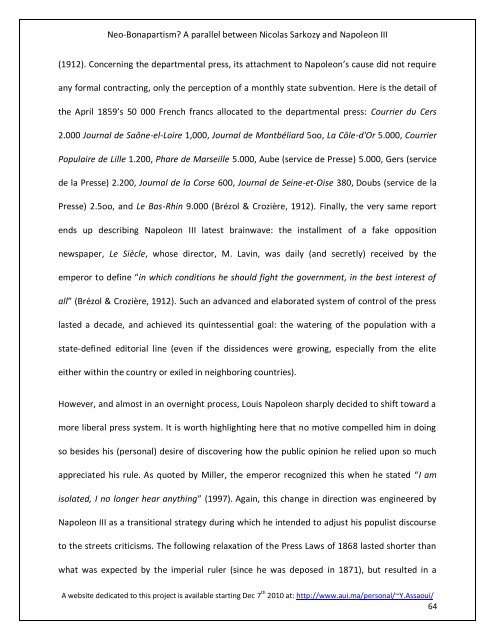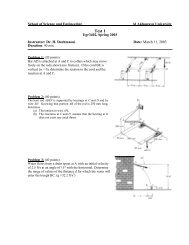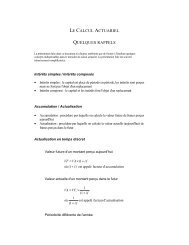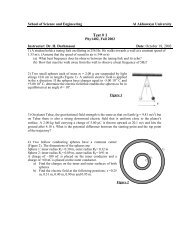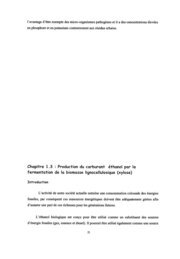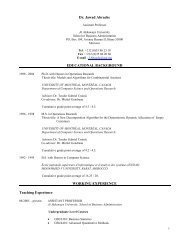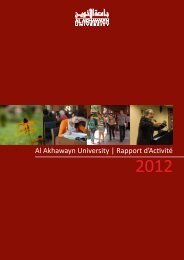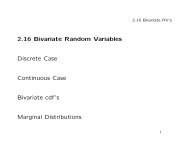Neo-Bonapartism? A parallel between Nicolas Sarkozy and ...
Neo-Bonapartism? A parallel between Nicolas Sarkozy and ...
Neo-Bonapartism? A parallel between Nicolas Sarkozy and ...
You also want an ePaper? Increase the reach of your titles
YUMPU automatically turns print PDFs into web optimized ePapers that Google loves.
<strong>Neo</strong>-<strong>Bonapartism</strong>? A <strong>parallel</strong> <strong>between</strong> <strong>Nicolas</strong> <strong>Sarkozy</strong> <strong>and</strong> Napoleon III<br />
(1912). Concerning the departmental press, its attachment to Napoleon’s cause did not require<br />
any formal contracting, only the perception of a monthly state subvention. Here is the detail of<br />
the April 1859’s 50 000 French francs allocated to the departmental press: Courrier du Cers<br />
2.000 Journal de Saône-el-Loire 1,000, Journal de Montbéliard 5oo, La Côle-d'Or 5.000, Courrier<br />
Populaire de Lille 1.200, Phare de Marseille 5.000, Aube (service de Presse) 5.000, Gers (service<br />
de la Presse) 2.200, Journal de la Corse 600, Journal de Seine-et-Oise 380, Doubs (service de la<br />
Presse) 2.5oo, <strong>and</strong> Le Bas-Rhin 9.000 (Brézol & Crozière, 1912). Finally, the very same report<br />
ends up describing Napoleon III latest brainwave: the installment of a fake opposition<br />
newspaper, Le Siècle, whose director, M. Lavin, was daily (<strong>and</strong> secretly) received by the<br />
emperor to define “in which conditions he should fight the government, in the best interest of<br />
all” (Brézol & Crozière, 1912). Such an advanced <strong>and</strong> elaborated system of control of the press<br />
lasted a decade, <strong>and</strong> achieved its quintessential goal: the watering of the population with a<br />
state-defined editorial line (even if the dissidences were growing, especially from the elite<br />
either within the country or exiled in neighboring countries).<br />
However, <strong>and</strong> almost in an overnight process, Louis Napoleon sharply decided to shift toward a<br />
more liberal press system. It is worth highlighting here that no motive compelled him in doing<br />
so besides his (personal) desire of discovering how the public opinion he relied upon so much<br />
appreciated his rule. As quoted by Miller, the emperor recognized this when he stated “I am<br />
isolated, I no longer hear anything” (1997). Again, this change in direction was engineered by<br />
Napoleon III as a transitional strategy during which he intended to adjust his populist discourse<br />
to the streets criticisms. The following relaxation of the Press Laws of 1868 lasted shorter than<br />
what was expected by the imperial ruler (since he was deposed in 1871), but resulted in a<br />
A website dedicated to this project is available starting Dec 7 th 2010 at: http://www.aui.ma/personal/~Y.Assaoui/<br />
64


